Articles
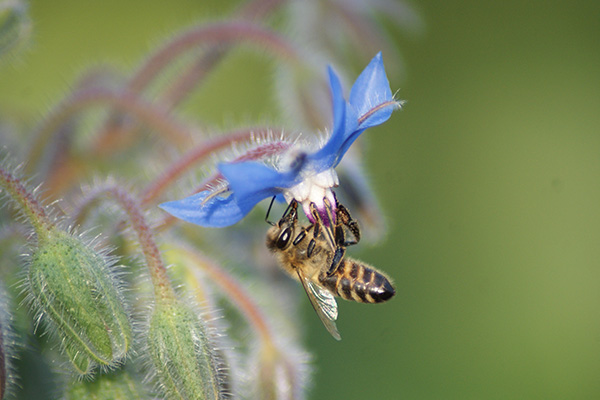
Salvation for the bees?
The European Commission is discussing the use of neonicotinoids. The damage caused by these insecticides also strongly affects bees.
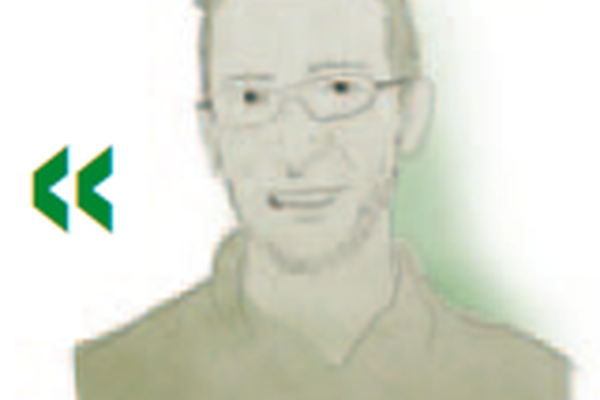
Rivers connect people
The partners of the Spare Project are as diverse as they are at home in different Alpine countries, comprising as they do a university, two research agencies, two official bodies, a regional office, and two environmental organisations. Together they demonstrate how river management can be improved above and beyond administrative, cultural and technical boundaries.

Space is finite
In 2016 CIPRA examined spatial planning from various perspectives. With the alpMonitor project for instance, it demonstrated under the Spatial Planning rubric how such processes can be tackled at the municipal level and what the potential stumbling blocks might be.
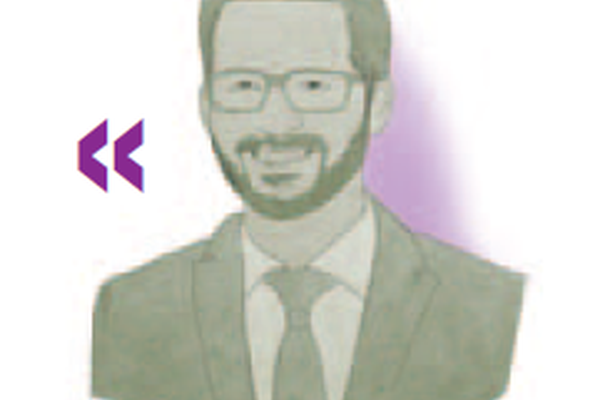
Awakening and change
“Us first” was the pervasive motto in 2016, more so than ever before. In the light of a global political and social climate of isolation it is all the more important for CIPRA to stand up for values such as solidarity, co-operation, environmental protection, and justice.
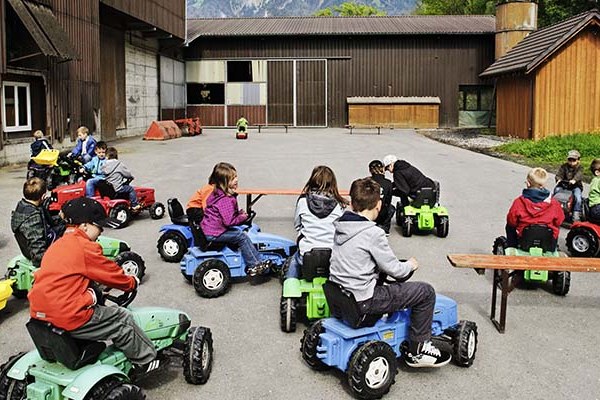
Laughing, walking and learning from each other
CIPRA Slovenia. Increasingly, children are now being driven to school by their parents. CIPRA Slovenia is working to counter that trend by working with the Institute for Spatial Policies and the Association for Sustainable Development. And thanks to the Pedibus, schoolchildren get to exercise – and have more opportunities for contact with children of the same age.
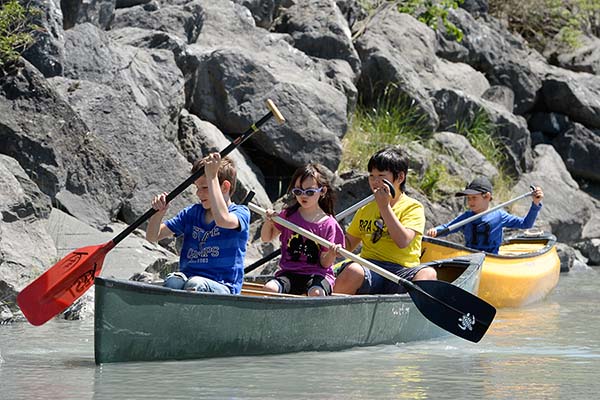
The Alpine Rhine fête
CIPRA Liechtenstein. Taming Europe’s biggest torrent began some two hundred years ago. Today, the Alpine Rhine is a canal, its course lined for the most part by intensively used farmland and residual pockets of wetland forest.
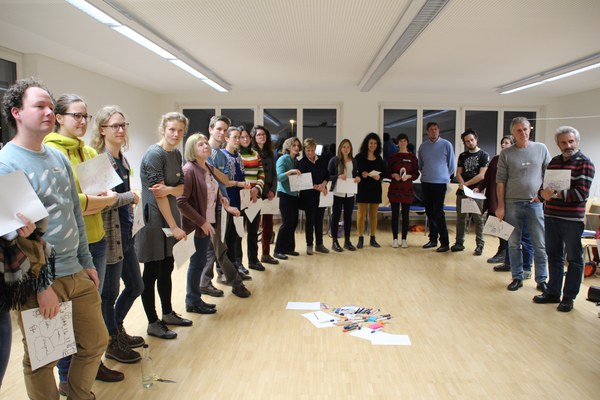
Creating and testing new ways
Climate change, scarce resources, development pressures: there is a global need for new ways and forms of social and economic cohabitation. The Alps too are the setting for social innovations.
A beacon for sustainable tourism
The second weekend in August will once again see the “Fire across the Alps” burning. In this, the UN Year of Sustainable Tourism for Development, these watch-fires are intended to stimulate ideas as to the necessary changes for tourism in the Alps.
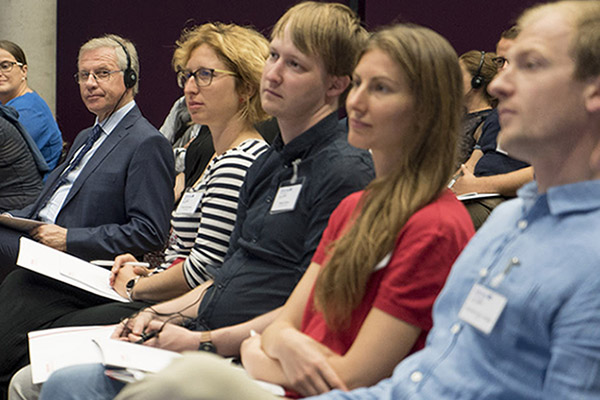
Give youth a voice! How youth participation can be encouraged in the Alpine space
How can young people become more involved in political processes? What good examples already exist for this? These questions were the central issues at a workshop held in the context of the GaYA project in Bozen/Bolzano.
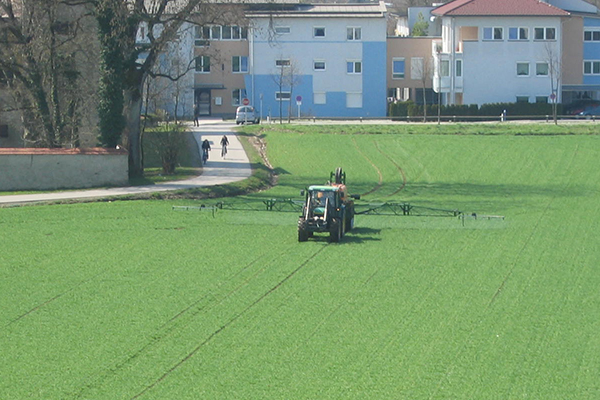
Pesticides: a tug of war
Pesticides damage the environment, threaten useful species like bees, pollute the water in the Alps, while some are suspected of causing cancer. They nevertheless appear to be indispensable in conventional agriculture.
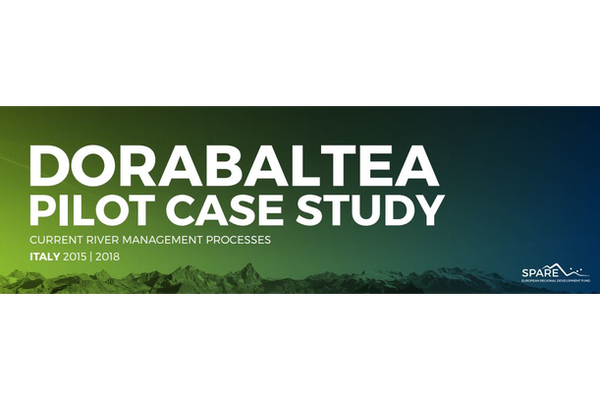
“A picture speaks a thousand words” - SPARE Project communicating through multimedia
With a brand new collection of infographics and photo books the SPARE Project partners aim at visually communicating the current river management processes in each of the project’s five Pilot Case Study sites.
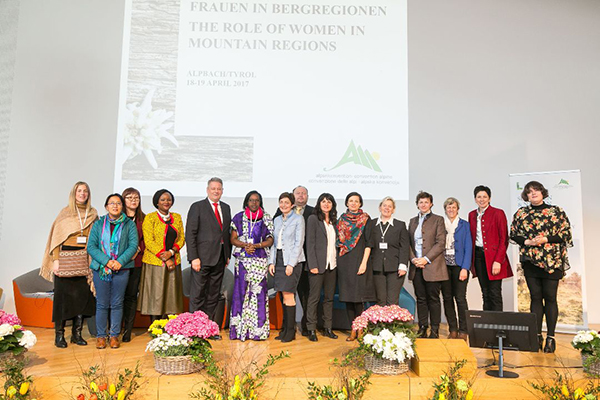
Alpine Convention puts equality on the agenda
With a women’s conference and a declaration, the Austrian presidency has placed a new topic on the agenda of the Alpine Convention – and raised expectations. But where do things go from here?
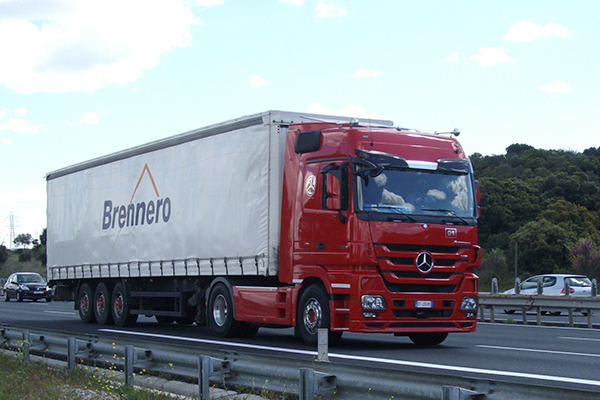
Transit traffic: a partial success on the Gotthard Pass
The Gotthard Pass has seen a historic low in transalpine goods traffic since the adoption of the law governing the modal shift. In contrast, the number of trucks crossing the Brenner Pass continues to increase.
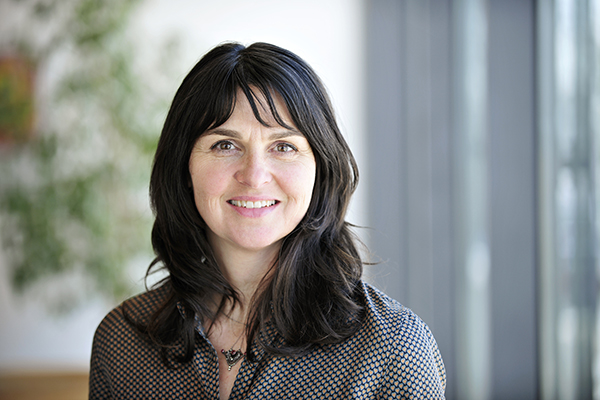
Point of view: A "man's world" and "women's work": time to move on
Equal opportunities are still a women’s topic . Yet there are sufficient reasons to treat it as an issue for society as a whole. Everyone benefits – especially in the Alps, believes Barbara Wülser, deputy director of CIPRA International.
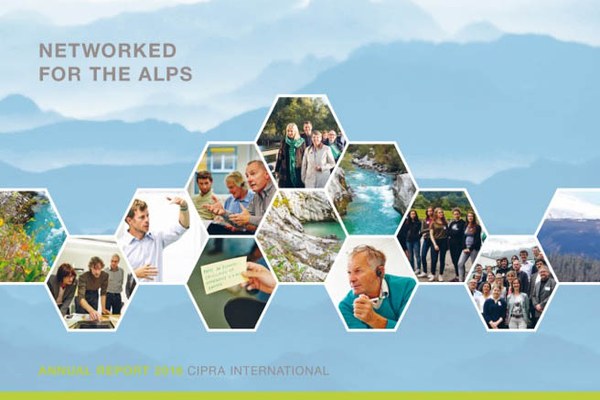
Networked for the Alps
CIPRA is a small organisation that can boast a large network. Its annual report shows how this permits people to tackle the challenges facing the Alps together.
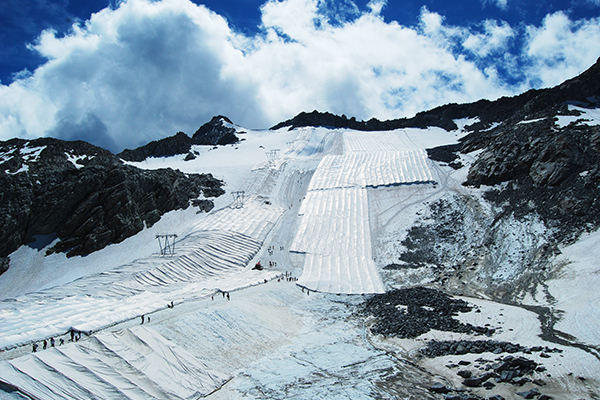
Polluted glaciers
Pesticides, herbicides, medicines – all these materials were found at over 2,700 metres above sea level. The water flowing down from the Presena glacier into the valley reflects this state of affairs.
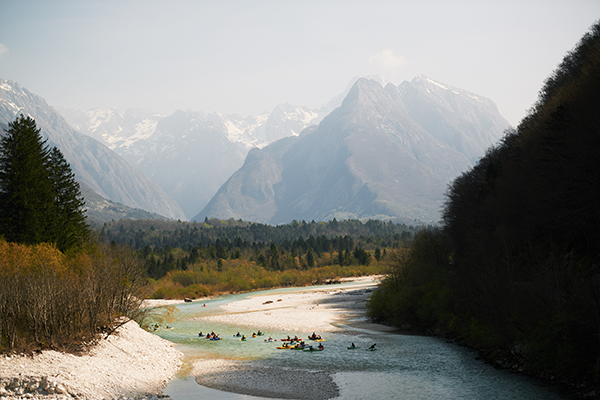
Paddling for the “blue heart” of Europe
The end of March saw the start of the Balkan Rivers Tour in Slovenia, the largest water protection action in Europe. The aim is to protect its last unspoilt rivers.
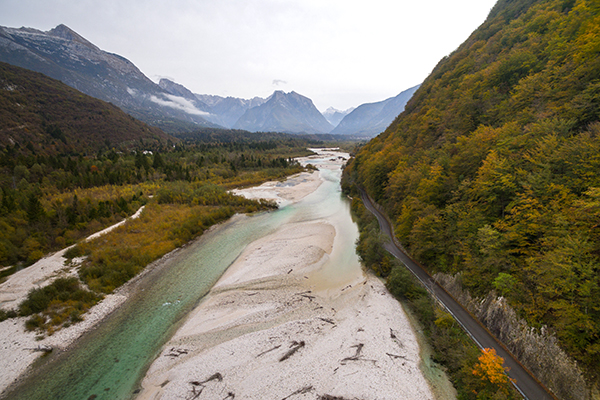
International Day of Action for Rivers
Fishing, farming, swimming, canoeing, hiking, drinking…. All in all, we are thousands of people benefiting from the resources provided by alpine rivers. However, only healthy rivers can provide these so-called ecosystem services. Alpine river ecosystems are vulnerable and often under pressure from various human activities. Can we do more to protect them? Yes!

The wandering classroom
Young people spend the majority of their school time indoors. The new “whatsalp youth” project moves the classroom into the mountains and learning into the great outdoors.
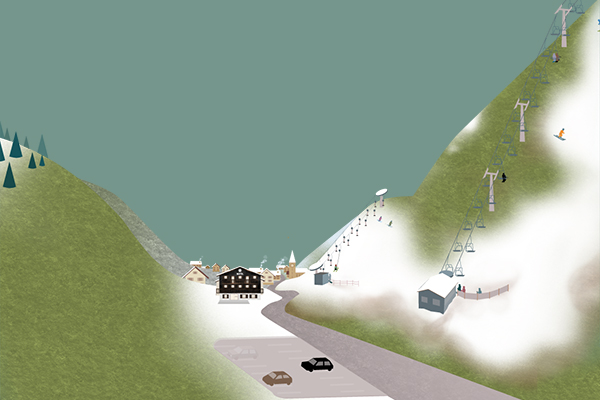
Winter tourism – a destination shaping change
What are the challenges facing winter tourism in these times of climate change and new patterns of visitor behaviour? CIPRA takes a fictional resort and presents the possible decisions and their consequences: the interactive presentation is accompanied by a web dossier and a position paper.
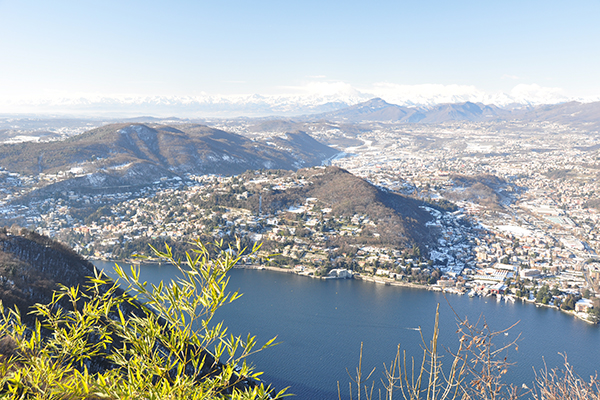
Open Alps 2017
The end of 2016 saw the announcement of the winners of the 2017 “Open Alps” human rights award. This honour is given to individuals or groups who actively work for the rights of refugees, immigrants, socially disadvantaged persons and threatened minorities in Europe.
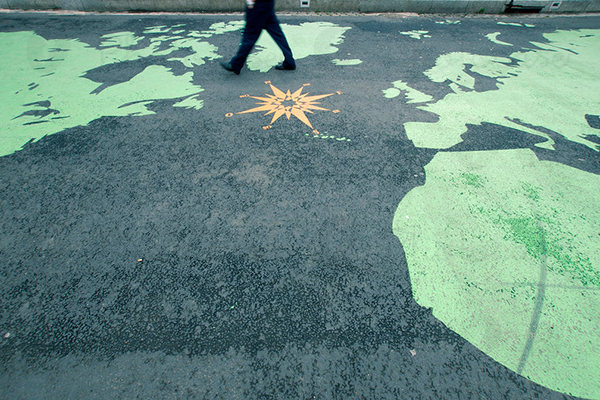
New project financing ensures a sound basis
Migration, youth participation, mobility, spatial planning: CIPRA International has recently received assurances for the financing of projects in these areas. Here is an overview.
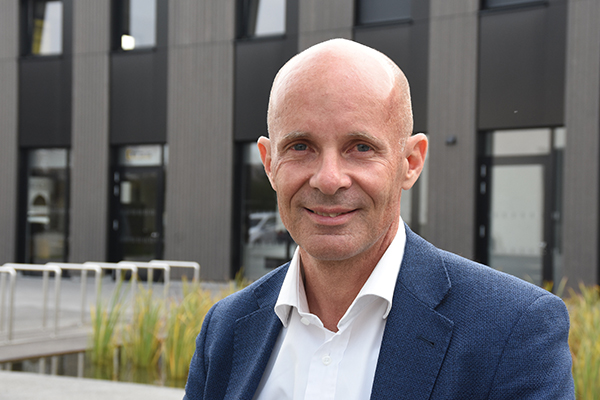
Point of view: Adaptation to climate change is inevitable
Despite progress in international climate policy, a rise in temperatures is inevitable. An adaptation now will save costs later, states Wolfgang Pfefferkorn, project manager for climate and energy at CIPRA International. Alpine regions are leading the way.
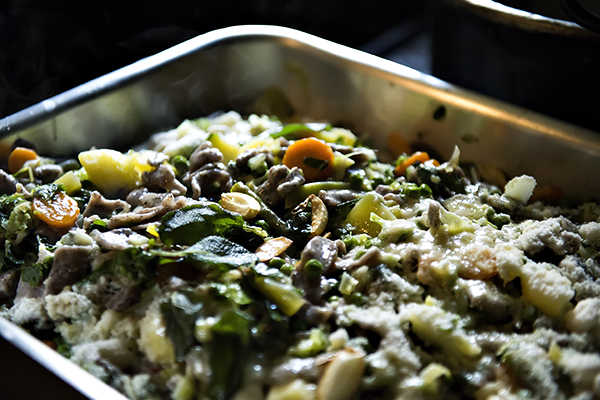
The Alpine Convention declares itself in favour of the “Green Economy”
How should a sustainable economy in the Alpine region look? The Alpine conference held in Grassau, Germany, in October 2016 adopted a report on this topic: its implementation will show how well-suited it actually is.
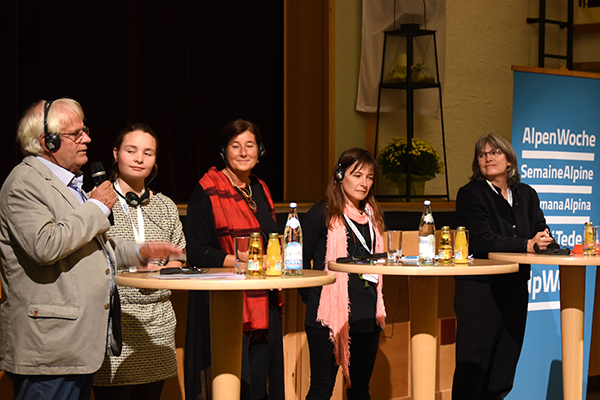
Taking small steps together
Last week’s AlpWeek held in Grassau/DE saw the focus on people and their relations with the Alps. The topics of migration and youth participation were particular subjects of discussion.
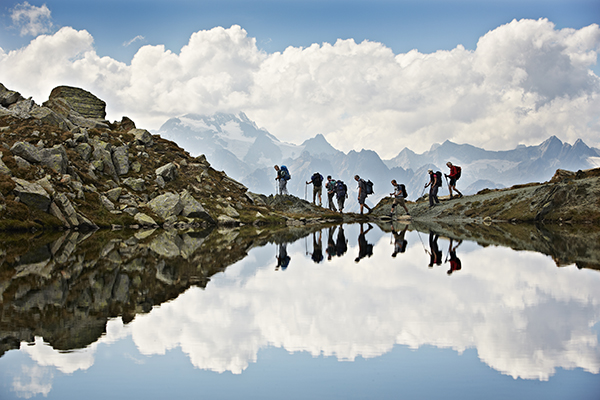
On foot through the Alps
From June to September 2017 the “whatsalp” group of mountain enthusiasts will be crossing the Alps from east to west, documenting the changes to the Alpine regions as they go. CIPRA will be accompanying them as a project partner.
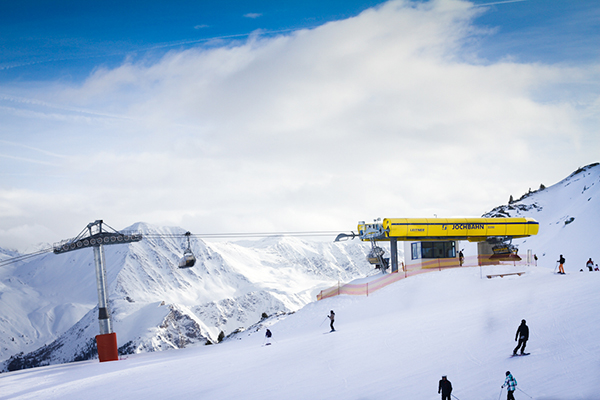
Media address expansion of winter sports
The call by CIPRA to end the constant upgrading of ski areas has found considerable support. Facts such as climate change, stagnating numbers of skiers and falling profits underline the urgency of these demands.
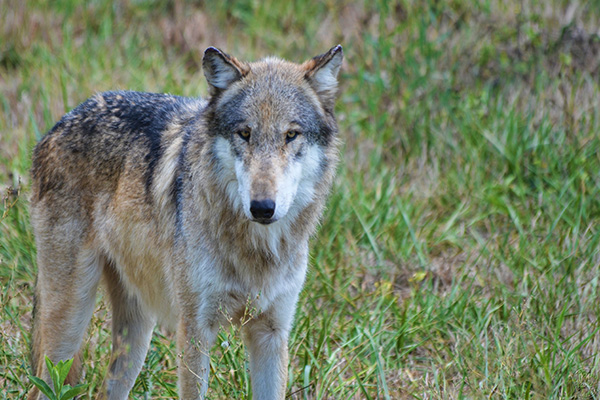
Wolves once more in the firing line
Downgrading the protected status of the wolf, control, even wolf-free zones: these are some of the demands of the Alpine farming federations in the Alpine regions as part of the fitness check conducted on the Fauna Flora Habitat (FFH) directive. Nature conservation organisations respond.
Oh...
…”Ah! Eh! Ih! Oh! Uh!” comes a rough voice from the loudspeaker. He said nothing for 5,300 years: but now Ötzi, the famous Man from the Ice, has found his voice again.
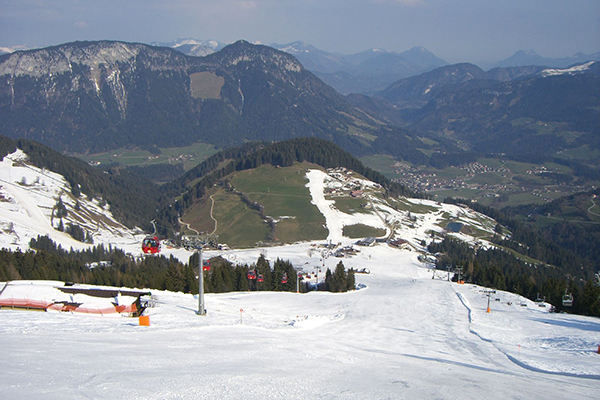
The Alps are losing their snow
A recently published study shows that winters are ever shorter and the amount of snow is decreasing. The main reason for long winters becoming more and more a thing of the past is the earlier spring thaw.